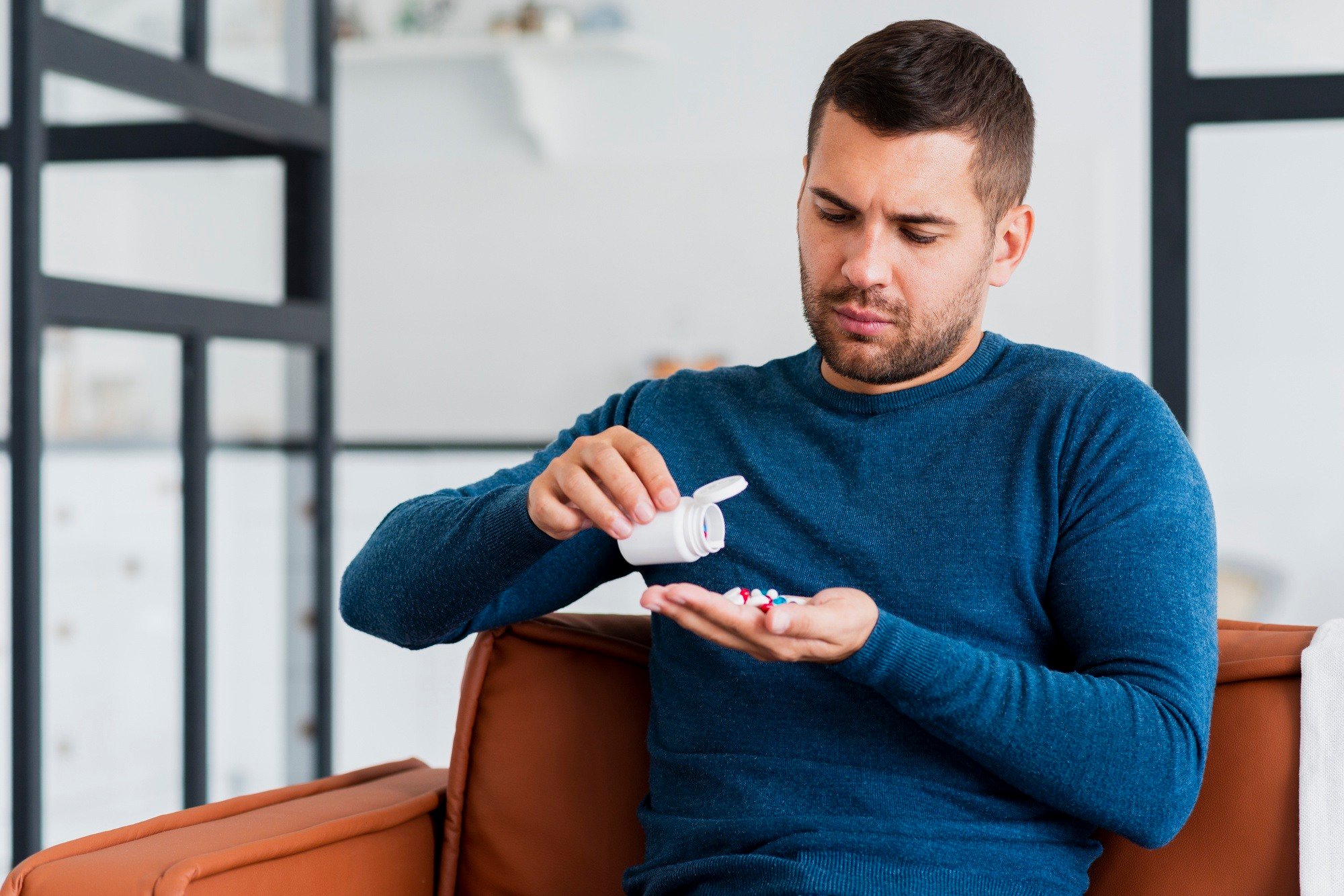Breaking the Stigma: Clinical Trials for STIs and Mental Health
Sexually transmitted infections (STIs) and mental health challenges are two of the most stigmatized health issues today — and often, they go hand in hand. The emotional weight of an STI diagnosis can lead to anxiety, depression, and social isolation. Likewise, untreated mental health struggles can increase vulnerability to risky sexual behavior. It’s a complex, often unspoken cycle — but science is stepping in with new tools, and clinical trials are at the forefront of breaking the silence.










